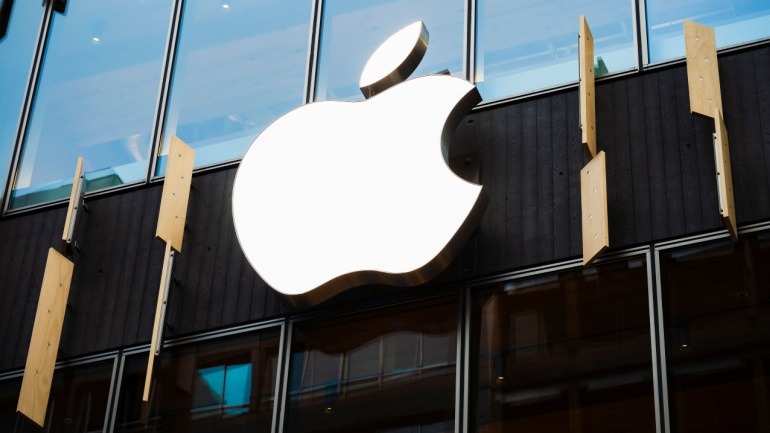Attempts to expand Apple‘s AI technology in China have encountered regulatory hurdles, showcasing the difficulties faced by foreign device manufacturers. China’s regulatory landscape demands cooperation with domestic AI providers, creating a challenging environment.
This has been especially noticeable with the launch of Apple’s iPhone 16. The release did not excite Chinese consumers eager for advanced AI features. Meanwhile, Huawei launched its AI-enabled device with approved local AI capabilities. This put Apple at a disadvantage, unable to meet the same local requirements.
Officials from the Cyberspace Administration of China emphasized the necessity for foreign manufacturers to gain approval for the AI technologies they use. During the recent World Internet Conference, the focus was on employing pre-approved Chinese large language models (LLMs) to expedite clearance processes.
Despite Tim Cook’s recent visits to China and discussions with local tech giants like Baidu and ByteDance, regulatory hurdles remain significant. These challenges force Apple to pursue potential partnerships with local firms to navigate these requirements.
China represents a critical market for Apple, contributing 17% of its total revenue. However, regional sales have declined by 8%, driven by rising competition from domestic players like Huawei.
JP Morgan analyst Samik Chatterjee suggests that if Apple fails to secure successful partnerships in China, its AI rollout might be delayed until later in 2025. In this rapidly evolving market, domestic manufacturers are quick to advance their AI technologies while having regulatory approval on their side.
Apple’s current AI strategy involves on-device processing, private cloud servers, and OpenAI’s ChatGPT. However, these technologies face scrutiny in China, demanding rigorous testing from local regulators. This aligns with a trend that sees China favoring domestic technology providers, a scenario that foreign companies must now carefully navigate.







